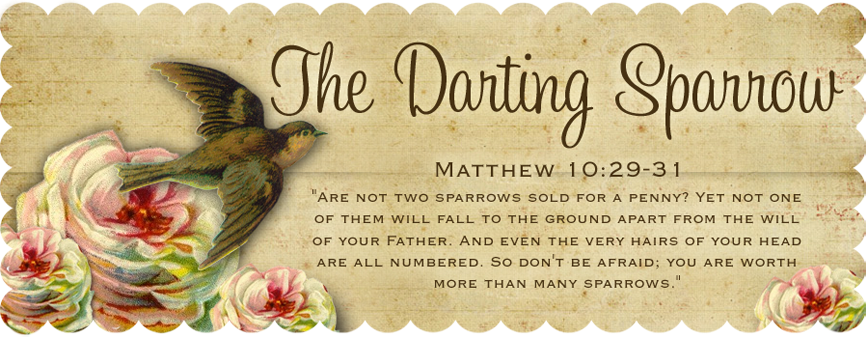This is an intriguing poem which compares three things with Christ's sacrificial death on the cross.
First of all, there is the aloe plant, which blooms but once and then dies. See the "Agave" entry here. It is also interesting to find that this plant is called "The Mexican Tree of Life and Abundance" because it is so useful; moreover, one of it's strengths is its possession of antiseptic qualities--I see definite Christian parallels here.
Second, there is the myth of the pelican, which began in medieval Europe and subsequently became associated with Christianity. See the "Symbolism and Popular Culture" section here. The following are a few more links about this legend: 1, 2, 3, 4, 5 (in the 13th paragraph).
Third, there is the myth of the singing swan from which the phrase, "swan song," originates. Here you'll find information about the swan and Christian symbolism, including many other parallels besides that of the swan song.
~ ~ ~
THE ALOE PLANT
Have you heard the tale of the aloe plant,
Away in the sunny clime?
By humble growth of a hundred years
It reaches its blooming time;
And then a wondrous bud at its crown
Breaks into a thousand flowers;
This floral queen in its blooming seen
Is the pride of the tropical bowers;
But the plant to the flower is a sacrifice,
For it blooms but once, and in blooming it dies.
Have you heard the tale of the pelican,
The Arab's Gomel el Bahr,
That dwells in the African solitudes
Where the birds that live lonely are?
Have you heard how it loves its tender young,
And cares and toils for their good?
It brings them water from fountains afar
And fishes the seas for their food.
In famine it feeds them what love can devise--
The blood of its bosom--and, feeding them, dies.
Have you heard the tale they tell of the swan,
The snow-white bird of the lake?
It noiselessly floats on the silvery wave,
It silently sits in the brake;
For it saves its song till the end of life,
And then, in the soft, still even,
'Mid the golden light of the setting sun
It sings as it soars into heaven,
And the blessed notes fall back from the skies--
'Tis its only song, for in singing it dies.
You have heard the tales. Shall I tell you one,
A greater and better than all?
Have you heard of Him whom the Heavens adore,
Before whom the hosts of them fall?
How He left the choirs and anthems above
For earth in its wailings and woes,
And suffered the shame and pain of the cross
To die for the life of His foes.
His death is our life, His loss is our gain--
The joy for the tear--the peace for the pain.
~By Dr. Henry Harbaugh~
~ ~ ~
*Here is another version of the last stanza, which I have just discovered:
Have you heard this tale--the best of them all--
The tale of the Holy and True,
He dies, but His life, in untold souls
Lives on in the world anew;
His seed prevails, and is filling the earth,
As the stars fill the sky above.
He taught us to yield up the love of life,
For the sake of the life of love.
His death is our life, His loss is our gain;
The joy for the tear, the peace for the pain.
~ ~ ~
Here is a video in which the poem is recited:
~ ~ ~













No comments:
Post a Comment